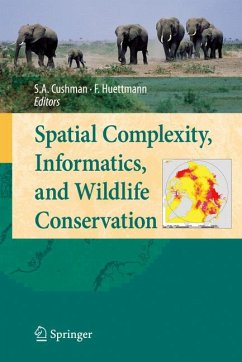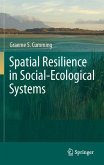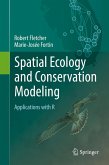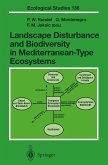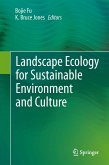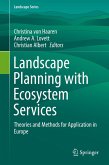Dieser Download kann aus rechtlichen Gründen nur mit Rechnungsadresse in A, B, BG, CY, CZ, D, DK, EW, E, FIN, F, GR, HR, H, IRL, I, LT, L, LR, M, NL, PL, P, R, S, SLO, SK ausgeliefert werden.
"Spatial complexity, informatics, and wildlife conservation was based on the symposium 'Advanced GeoScience Applications' held at the 9th International Mammalogical Conference in Hokkaido, Japan in 2005. ... the intended audience would include researchers, scientists and graduate level students. ... this book more valuable to have available in libraries, university departments or labs ... . I recommend practitioners of spatial data and their analysis read this book to extract what valuable information they can." -- Stephen L. Webb, Ecology, Vol. 91 (12), December, 2010

